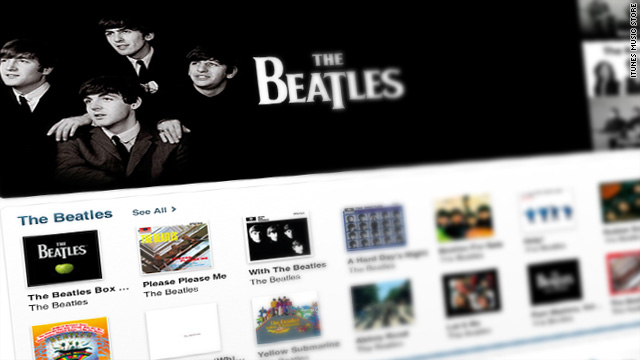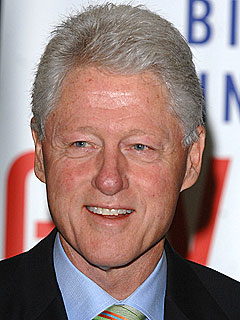Massachusetts Set To Ban Four Loko
Following the lead of Michigan, Utah, Oklahoma and Washington, Massachusetts has become the next state to ban the beverages. From the AP: [The Massachusetts Alcoholic Beverages Control] Commission head Kim Gainsboro said Monday that her agency will file an emergency regulation next Monday to control sales of caffeinated alcoholic drinks that are classified as malt beverages. The new rule will ban sales of malt beverages containing alcohol, caffeine or any other herbal or chemical stimulant. Its manufacturers would be required to relabel and repackage the drinks in resealable containers. The drinks also would no longer be sold by vendors selling wine and malt beverages. The caffeinated alcoholic beverage commonly referred to as a "blackout in a can" is making waves on college campuses where students are "getting Loko" and loving it. The FDA is expected to rule on its status as a safe and legal beverage as soon as Wednesday, concluding a year-long review process of the drinks. Some beer distributors in New York agreed to a voluntary ban on Saturday. The Pennsylvania Liquor Control Board has discouraged vendors from selling the beverage until the FDA had ruled on its safety. The Chicago City Council is also reportedly looking into a ban. More than 20 students have been hospitalized for Four Loko-related incidents at Ramapo College in New Jersey. The school has since banned the drink. Other schools including Harvard University, Lebanon Valley College in Pennsylvania and the University of Rhode Island are warning students of the dangers of the beverage or prohibiting it on campus. One 23.5-ounce can of Four Loko is said to contain the equivalent of four or five beers and the caffeine in two cups of coffee. The drink's manufacturer, Phusion Projects Inc., appears to be standing by the product as the Food and Drug Administration reviews its safety. The drink's 12 percent alcohol content, combined with caffeine and other ingredients, has experts and medical officials worried. From ABC News: "The problem is when you put all these things together, it's a nightmare," Harris Stratyner, vice president of the Caron Center and an addiction specialist, told "Good Morning America." "The caffeine may make you feel like you're not getting drunk as quickly so you may ingest more." Stratyner said he saw no reason for caffeine to be added, "other than to give kids an added boost and to get them to purchase more." "Quite frankly, I think adults that are legal shouldn't drink it either," he said. To reach editor-in-chief Callie Schweitzer, click here. To follow her on Twitter: @cschweitz
(Creative Commons)


















































